Annual Report 2020
Annual Report 2020
The OECD Guidelines for Multinational Enterprises
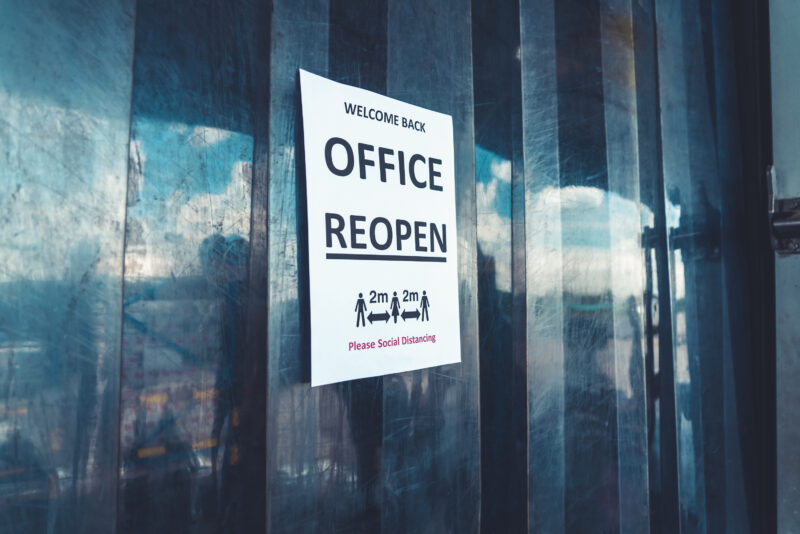
How will Norwegian enterprises make a comeback as competitive players in the international market when the coronavirus pandemic loosens its grip? They will have to be at the forefront of responsible business conduct.
Everyone is using the hashtag #Buildbackbetter. This slogan refers to the need for actions and changes that enhance the ability of businesses to withstand new crises. Moreover, #Buildbackbetter also entails a transition to a greener economy.
To the OECD, #Buildbackbetter means that the post-pandemic economic recovery must comprise more than merely going back to ‘business as usual’. It requires investments and shifts in attitudes that can increase society’s ability to withstand the ramifications of new crises. The measures need to ensure jobs and better living conditions and reduce inequality.
The plans for such a revival must contribute to reducing greenhouse gas emissions and combat loss of biodiversity. They must also promote sustainable supply chains, including by increasing support for the circular economy.
This requires a long-term perspective on the part of both the authorities and businesses.
The pandemic has made the OECD Guidelines for Responsible Business Conduct even more important for business and industry. It is essential to base business activities on these guidelines to build back better after the pandemic, and Norway’s National Contact Point is there to help.
The year 2020 marked the twentieth anniversary of the National Contact Point system – the OECD Guidelines’ unique grievance mechanism. The system has led to some extraordinary results. The ING case from the Dutch NCP is an important example (see page 40). The final statement highlights the expectation set out in the Guidelines that businesses set tangible goals to manage their impact on climate change, in accordance with the Paris Agreement. The international bank ING accepted this and now manages its loan portfolio in accordance with this goal. The case demonstrates that the NCPs can also play an important role when it comes to the climate.
When the pandemic loosens its grip, Norwegian business and industry must be prepared to meet a market that places new demands on them. The requirements for responsible business conduct will, not least, become more formalised in hard law.
The Norwegian Government is working on the Ethics Information Committee’s proposal for a new act relating to transparency in the supply chain and the duty to acquire knowledge and perform due diligence – a proposal the NCP endorses.
Several countries in our most important markets have implemented binding legislation requiring businesses to demonstrate responsible business conduct, respect human rights, worker’s rights and trade union rights, and avoid causing harm to the environment.
For Norwegian businesses, it is particularly important that the EU has come far in its legislative process. When the EU due diligence legislation is in place, it will apply to all businesses in what continues to be our most important market. The EU Sustainable Finance Taxonomy project is also an important driver in this respect. Under the classification system, measures are required to be in line with the EU’s environmental targets, and businesses must comply with minimum requirements for social standards, such as the OECD Guidelines, the UN Guiding Principles and the ILO core conventions.
To succeed in their business endeavours in international markets, Norwegian businesses must be at the forefront of responsible business conduct. That is not the case today. In 2020, Norway’s NCP and Amnesty published reports showing that the situation was less than satisfactory when it comes to knowledge and implementation of the OECD Guidelines for Responsible Business Conduct and the UN Guiding Principles on Business and Human Rights. Major efforts are required on the part of both governments and the business sector to ensure that Norwegian businesses are able to compete after the coronavirus pandemic.
‘When the pandemic loosens its grip, Norwegian business and industry must be prepared to meet a market that places new demands on them’
The OECD Guidelines for Multinational Enterprises are the most extensive and best established of all international mechanisms promoting responsible business conduct.
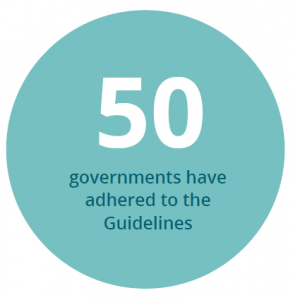
Sustainable development
A main objective of the OECD Guidelines is for the business sector to contribute to sustainable development. A company that is not aware of its responsibilities can, at worst, contribute to violations of human rights and trade union rights, environmental destruction, corruption or a negative impact on local communities.
The Guidelines and due diligence help businesses to prevent negative impacts and harm to people, society or the environment, and to remedy any harm caused, thus helping to achieve the UN Sustainable Development Goals.
A clear expectation
The Guidelines are the OECD countries’ recommendations for the business sector, and there is a clear expectation on the part of the authorities that they are implemented.
Cover all areas
The OECD Guidelines cover all the important areas that a responsible business needs to address. According to the Guidelines, businesses must:










A core element of the OECD Guidelines is that companies are expected to perform due diligence to avoid causing harm to people, the environment and society.
Businesses should map, prevent and adress negative impacts that may be associated with their operations, supply chain and business relationships, and communicate what measures they have in place to address these impacts. In short, you need to understand the risks you are associated with, address them to prevent harm and report what you do.
The due diligence model
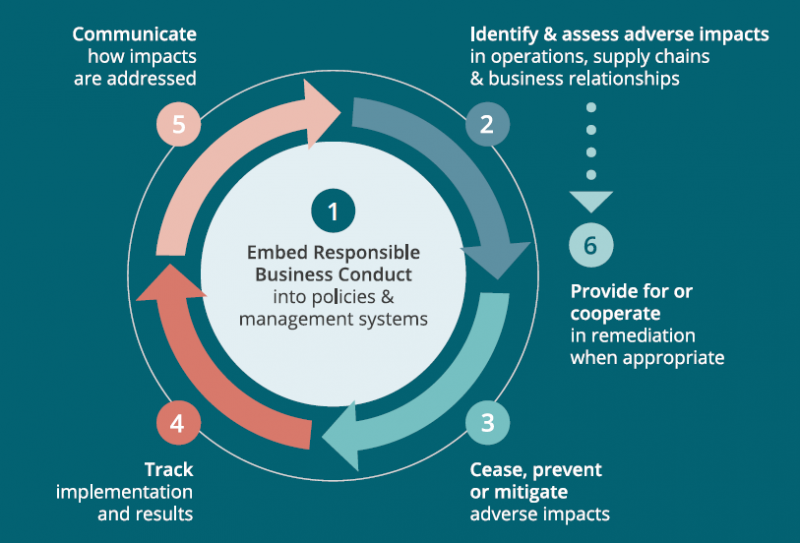
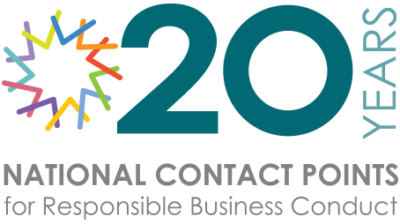
The OECD Guidelines for Multinational Enterprises are supported by a unique mechanism: the National Contact Points (NCPs).
The governments of all countries that have adhered to the OECD Guidelines are obliged to establish an NCP.
Their task is to promote the OECD Guidelines for Multinational Enterprises and pertaining Due Diligence Guidance and handle complaints as a non-judicial grievance mechanism. Fifty countries have so far established NCPs.
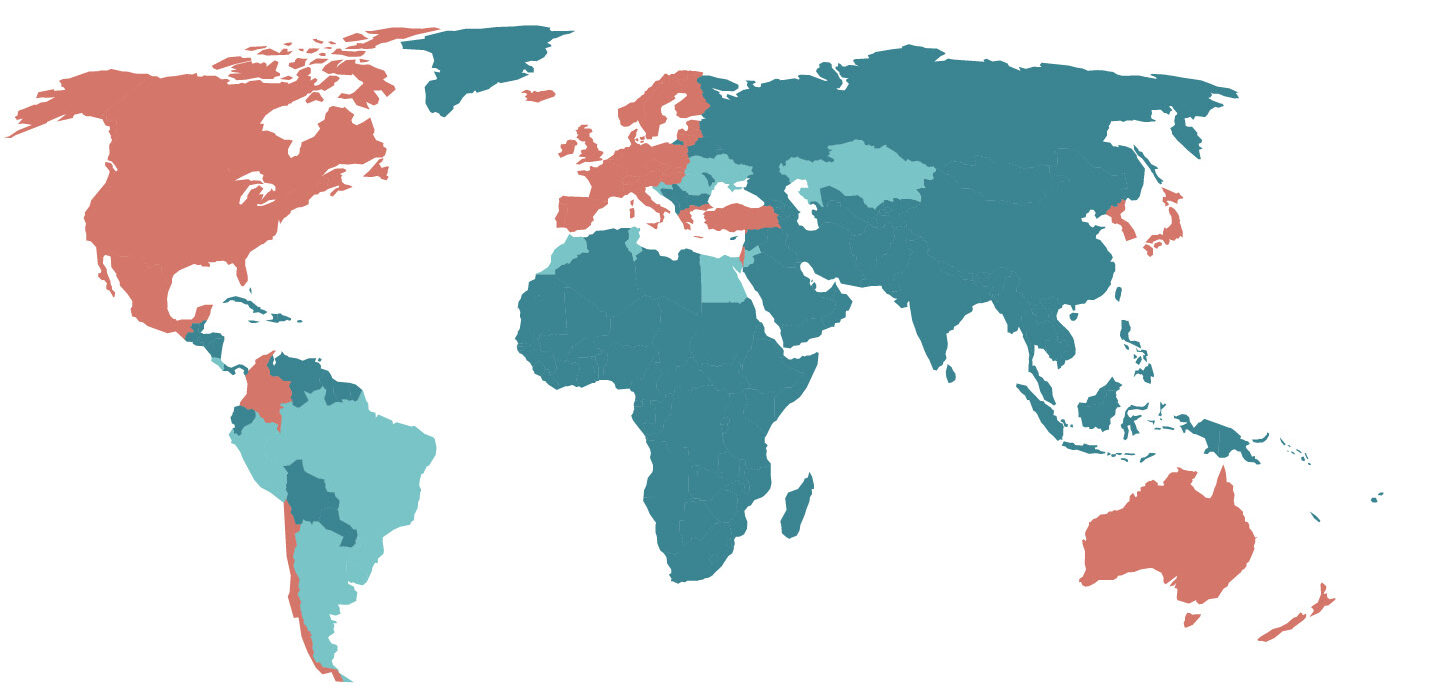
OECD countries with National Contact Points
Australia, Austria, Belgium, Canada, Chile, Colombia, Czech Republic, Denmark, Estonia, Finland. France. Germany, Greece, Hungary, Iceland, Ireland, Israel, Italy, Japan, Latvia, Lithuania, Luxembourg, Mexico, The Netherlands, New Zealand, Norway, Poland, Portugal, Slovakia, Slovenia, South Korea, Spain, Sweden, Switzerland, Turkey, UK, USA
![]()
Acceding countries with National Contact Points:
Argentina, Brazil, Costa Rica, Egypt, Jordan, Kazakhstan, Croatia, Morocco, Peru, Romania, Tunisia, Ukraine, Uruguay
![]()
Observer countries
India, China, Russia
_____________________________________________________________________________________________
 UNIQUE MECHANISM
UNIQUE MECHANISM
NCPs for RBC is the only internationally recognised non-juidical grievance mechanism for RBC.
NCPs can handle cases relating to comtanies operating “in and from” their territories.
_____________________________________________________________________________________________
 THEMES
THEMES
Since 2011, the 3 most prevalent themes were:
- Human Rights (50%)
- General policies of the Guidelines (49%)
- Employment & industrial relations (37%)
_____________________________________________________________________________________________

SUBMITTERS
Since 2011, the primary submitters of cases to NCPs were:
- NGOs (38%)
- Trade Unions (27%)
- Individuals (23%)
_____________________________________________________________________________________________

RESULTS
Since 2011, 36% of concluded cases by NCPs resulted in agreement and 33% of all concluded cases resulted in company policy change.
_____________________________________________________________________________________________
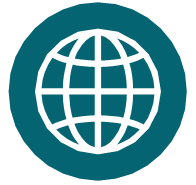
GLOBAL REACH
The 50 countries adhering to the Guidelines account for over 70% of foreign direct investment, which highlights the global reach of NCPs.
Since 2000 NCPs have handled over 500 cases in over 100 countries and territories.
The National Contact Point for Responsible Business Conduct Norway is an independent, public expert body comprising four members.
The NCP is chaired by Court of Appeal Judge Frode Elgesem. The Members of the NCP are appointed by the Ministry of Foreign Affairs and the Ministry of Trade, Industry and Fisheries, in cooperation with the Ministry of Labour and Social Affairs and the Ministry of Finance. They are appointed on the basis of their professional expertise, and based on proposals from the social partners and civil society, represented by the Confederation of Norwegian Enterprise (NHO), the Confederation of Norwegian Trade Unions (LO) and the Forum for Development and Environment (ForUM).
The NCP has a secretariat, which in 2020 had three permanent full-time employees. The secretariat is under the administrative authority of the Ministry of Foreign Affairs, but has a separate budget and operates independently of the Government.
The secretariat and the members engage in extensive promotional activities and provide guidance to
Norwegian businesses and other stakeholders on how they can meet the requirements of the OECD Guidelines. The secretariat also prepares the handling of specific instances (complaints).
All OECD countries are obliged to establish a National Contact Point. The way in which the NCPs are organised varies from country to country.
Members

Chair, Judge at Borgarting Court of Appeal

Vice President of Sustainable Business, Cognite

Special adviser LO

Special adviser LO
Handling specific instances
Department Director at the Norwegian Institute of Public Health, currently in charge of handling complaints as stand-in for the Chair of the NCP.
Professor dr. juris at the University of Oslo, currently in charge of handling complaints
as stand-in for the Chair of the NCP.
The secretariat


Senior Adviser





